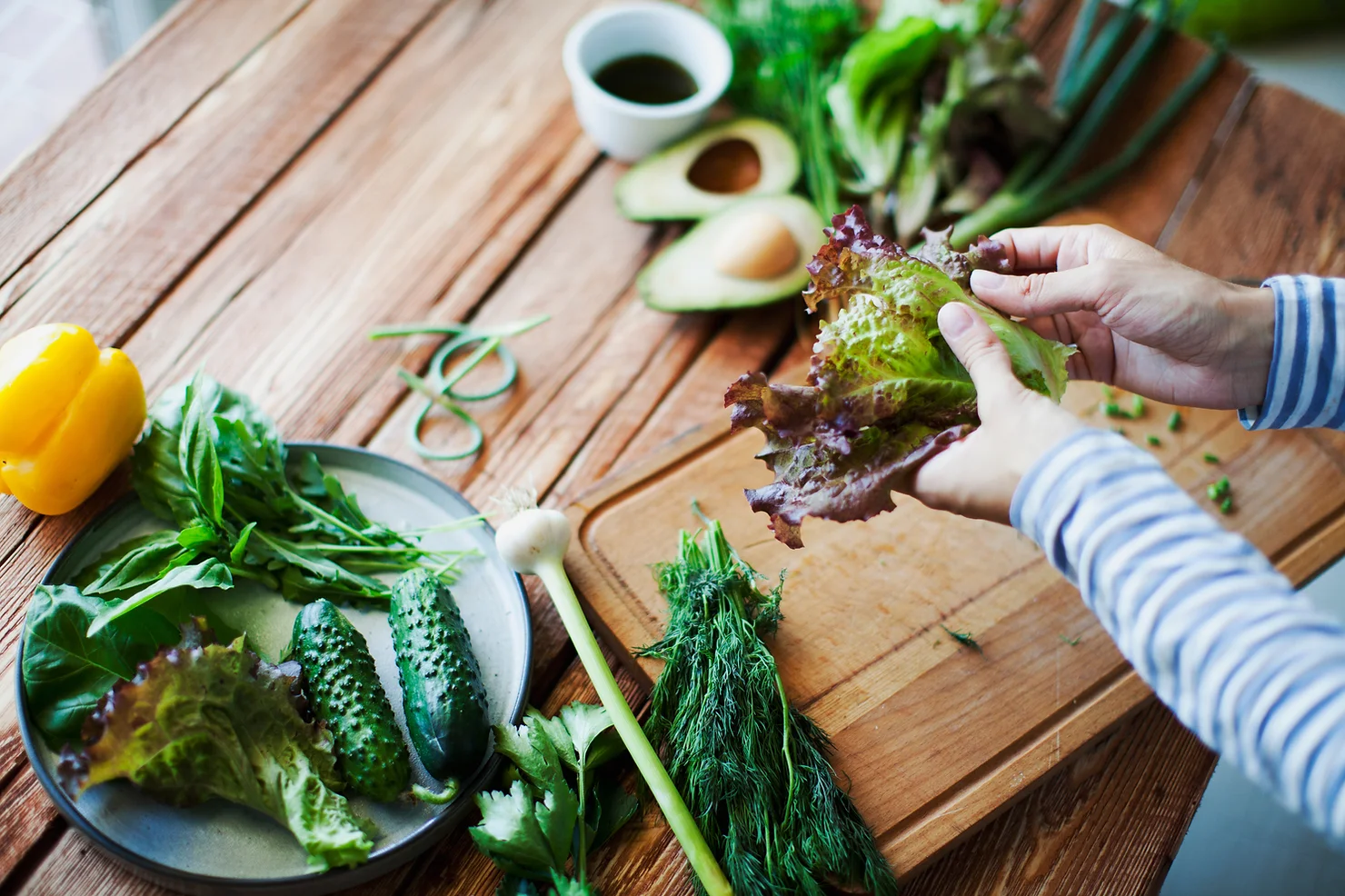6 steps to help reduce waste at home, saving time and money, whilst improving the flavour and nutritional value of food at the same time.
It is often said that the food system is the mother of all the systemic problems we face today. Shockingly a third of all food produced is wasted, and in the UK, household waste costs families approximately £800 per year. Food waste also ranks as one of the world’s largest emitters of greenhouse gases. Guys, we have work to do here.
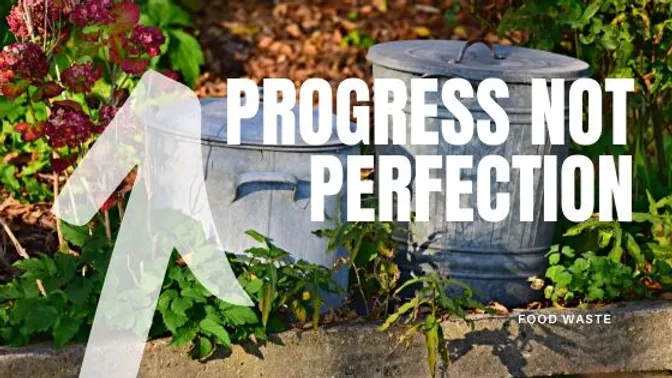
Changing and unlearning our habits on a personal and global scale can take time and patience. At times it feels possible, other times overwhelming. So wherever you are on your journey, remember to go easy on yourself and others around you. Any steps to reduce waste are worth celebrating. Embarking on it as a journey, rather than a destination may help to keep motivated, focusing on progress, rather than perfection at every stage.
It’s exciting and encouraging to learn about the emerging circular economy model, which is gaining traction in the food industry. This approach taps into regenerative cycles of nature, with solutions that redirect resources to benefit the whole system. Ellen MacArthur Foundation is at the forefront of this movement, inspiring new innovations in this space.

Our personal journey to tackle waste begins in our homes, and with more of us spending time at home in recent months, it seems a good place to start. Although a seemingly daunting task, gaining a closer connection with our food, whilst saving money, time, and resources can be a hugely empowering experience and is a necessary step to move us towards a more sustainable system for ours and future generations.

So here are 6 steps to help reduce waste at home, saving time and money, whilst improving the flavour and nutritional value of food at the same time. I hope you find it useful as a resource, and even if we all just made one step, collectively we can begin to turn the tide on food waste.
1, Check your waste
Awareness is the first step. When we get curious about our habits, we see where changes can be made. Considering reducing waste? then start by checking in on your waste habits. This doesn’t mean rooting down the bin, but rather, to take note over a week or so, of waste habits, perhaps make a list on the fridge. This can help to gain clarity on which of the following steps may be most suitable for you. Are you accumulating excess packaging? throwing away food that’s past the use-by date, or finding that leftovers often go to waste? Check what can be recycled, and compost any food scraps, which otherwise, break down into harmful methane if thrown in the landfill. There are some great food waste initiatives such as Olio for sharing food within communities, or Too good to go app. connecting to unsold food from cafes and restaurants.
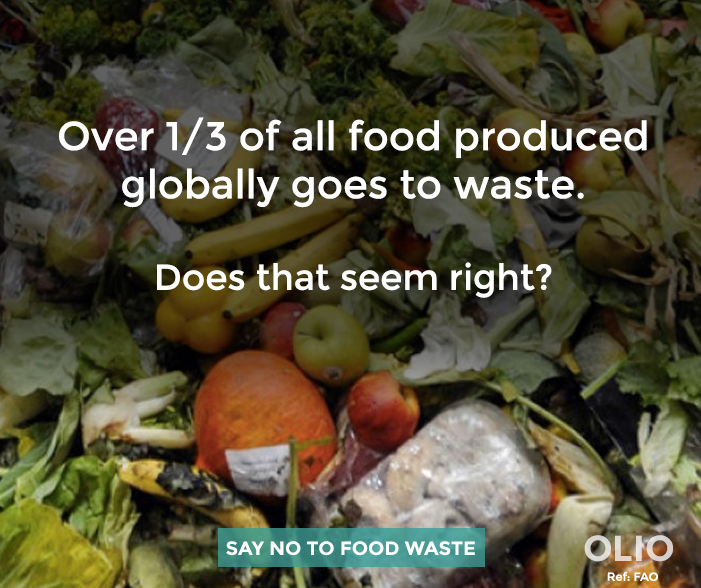
2, Get Organised.
Check what you have in before you shop. Use this as a base for a menu plan for the week ahead. Make a shopping list – and stick to it. Apps such as No Waste or Listonic are useful tools to help get organised. If you are trying to save money, considering the choice of brands could make a difference. Perhaps trial cheaper supermarket alternatives where possible, or consider bulk buying dry goods wholesale via ethical minded companies such as Suma, Goodclub, or those of us in Sussex Infinity foods can save money and reduce packaging.
3, Shopping Choices
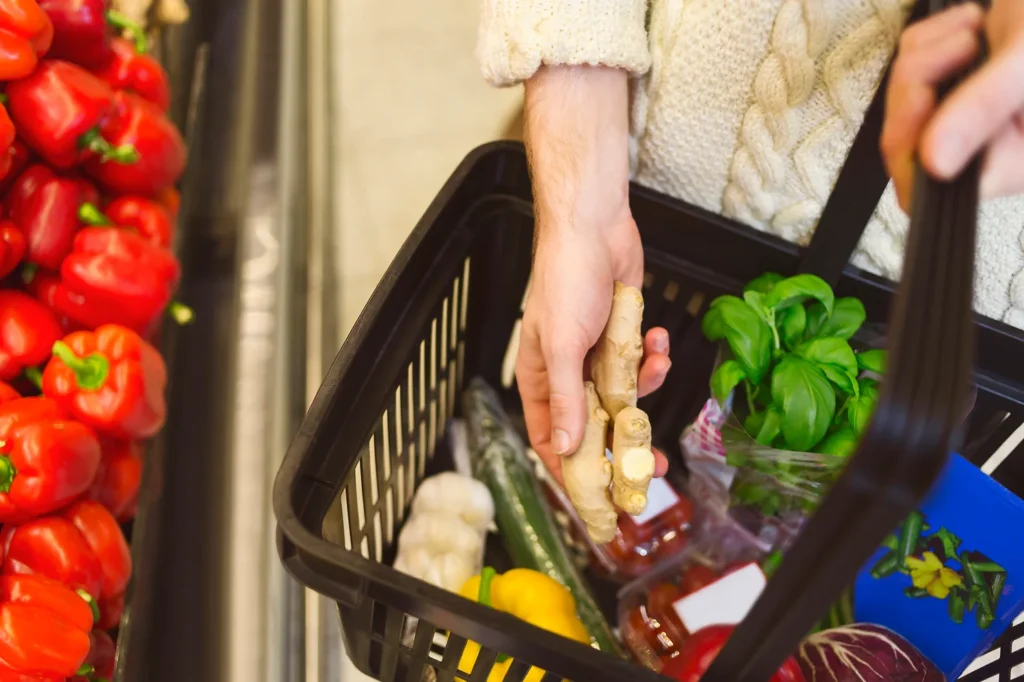
Many of us are finding new ways to shop, and remembering some old ways too. Ordering a milk delivery, veg box schemes, and farmers’ markets, all help to support local and reduce on supermarket packaging. When shopping, aim for a wide variety of colourful fruits and vegetables for optimal phytonutrient intake, choosing local seasonal produce when you can, which will save you money, reduce transportation, and taste great.
For overall health and wellbeing try to minimise intake of processed foods. A general guide is to check the labels if there are more than 10 ingredients, it’s likely to include artificial substances, that are detrimental to health. The perimeter of the store tends to be where you’ll find whole food choices.
4, Storing Food
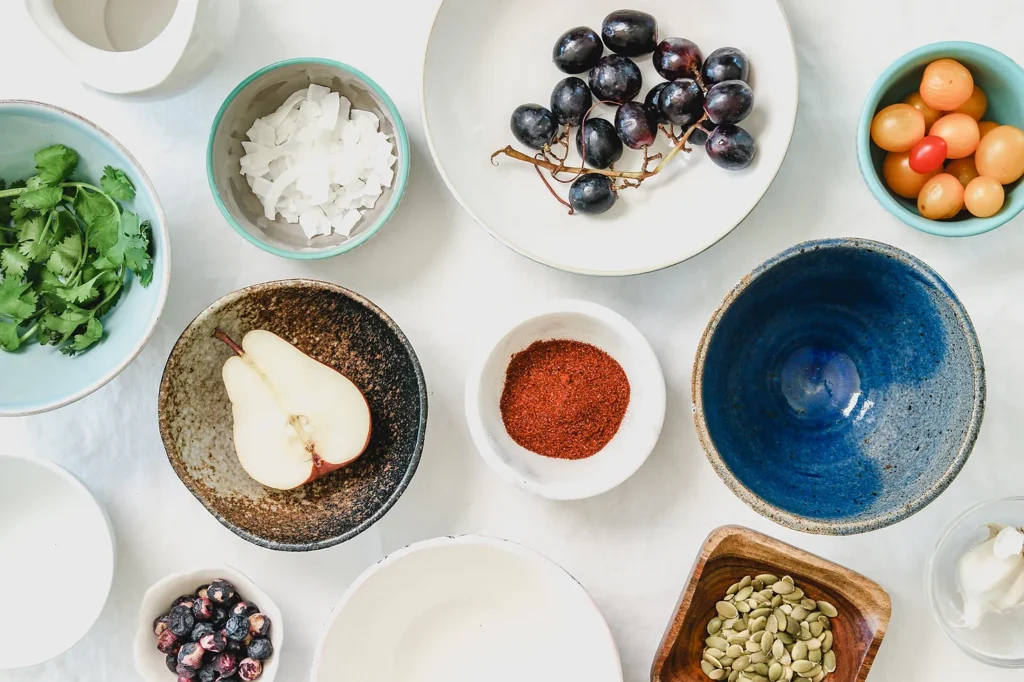
After shopping, arrange your fridge so that any food to be used up is in easy reach, perhaps keeping a box/ shelf in the fridge, for items that need to be used up first. Store food properly, so it keeps well. Storage solutions such as airtight boxes, zip lock bags, and beeswax wraps are useful. Food and beverages consumed, stored, and/or heated in glass or ceramics is preferable to plastic, polystyrene or aluminum, which contain Xenoestrogens, toxins that can disrupt natural hormone balance.
Store cheeses in an airtight box in the fridge. Herbs will keep longer if wrapped in a clean damp cloth. Freeze leftovers – Label contents and date on goods before freezing.
5, Love your leftovers
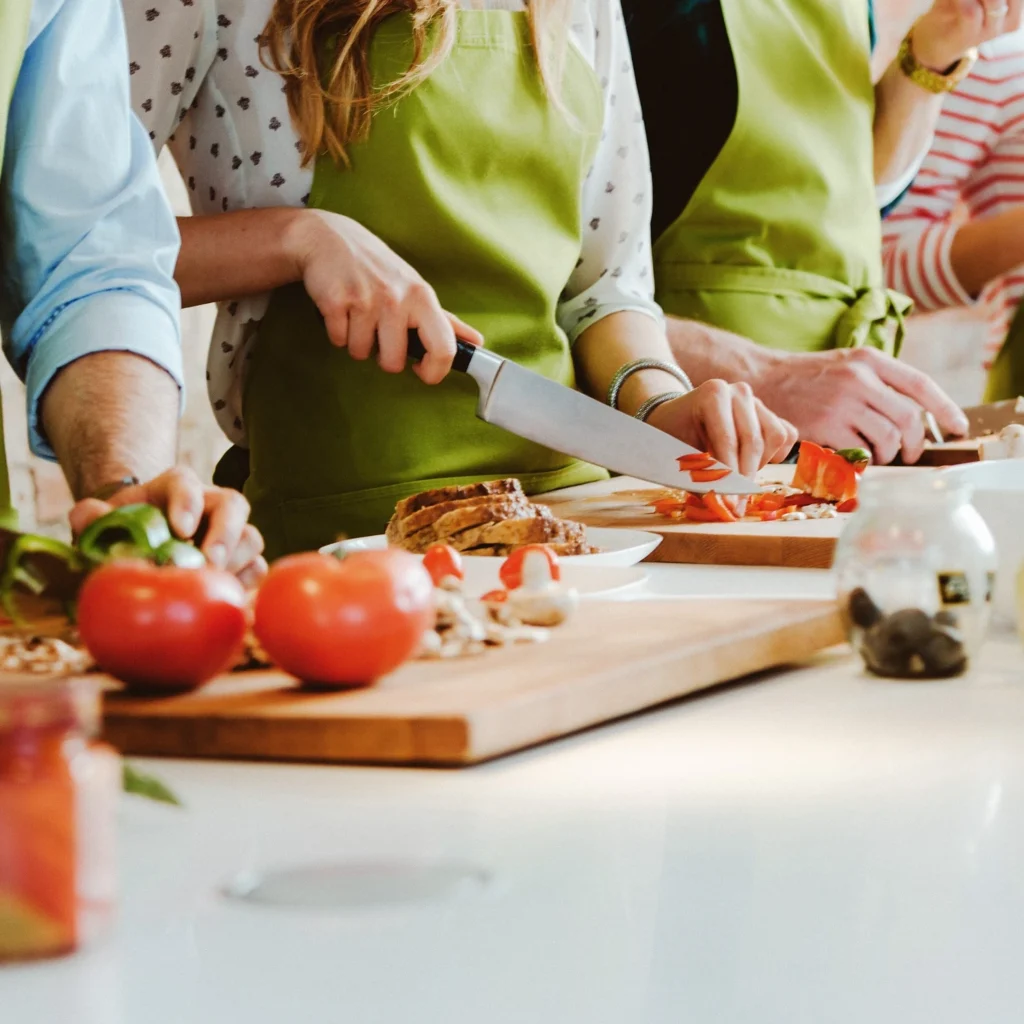
Planning intentional leftovers can help save time, money, and reduce waste. Here are a few ways to love your leftovers:
Double quantity of risotto, to be used to fill veg, or make veg burgers the next day.
Double quantity of bolognese sauce, for chill con carne the next day.
Cook a whole chicken, then use the carcass for soup or stock for risotto the following day.
Leftover bread can be made into breadcrumbs and stored in the freezer, these can be used to coat chicken, fish, or to top gratin dishes.
Vegetable end’s and peelings can be collected in a zip lock bag the freezer until it’s full, then used as vegetable stock.
Leftover rice can be used in a salad or fried the next day with an egg.
Black bananas become delicious banana bread or remove the skin and freeze to add to smoothies.
Puff and filo pastry can be kept in the freezer, ready for making pies, and samosas from leftovers.
Taking time to prepare meals for the week ahead may seem like a lot of effort until you have a plan of action. Batch cooking is a wonderful way to save time, money, minimise waste and set yourself up with delicious healthy choices. To open the fridge to ready-made delights feels like an act of self-love during a busy week too. I love helping my clients to build these habits into their lives.
As a Nutritional Therapist, I help my clients to cultivate a healthy relationship with food. If you would like to explore further how foods can support your health and wellbeing or would like help with menu planning or cooking, I offer one to one online support and can devise a bespoke nutrition plan for you. Why not book a FREE Mini Health Review, and explore Nutritional Therapy options to suit your needs. You can also subscribe to my bi-monthly newsletter with nutrition tips, recipes and special offers on the products and services I offer (check the link in footer).
Wishing you and your families well.
Lucie 🙂
BA, Dip NT, mBANT

